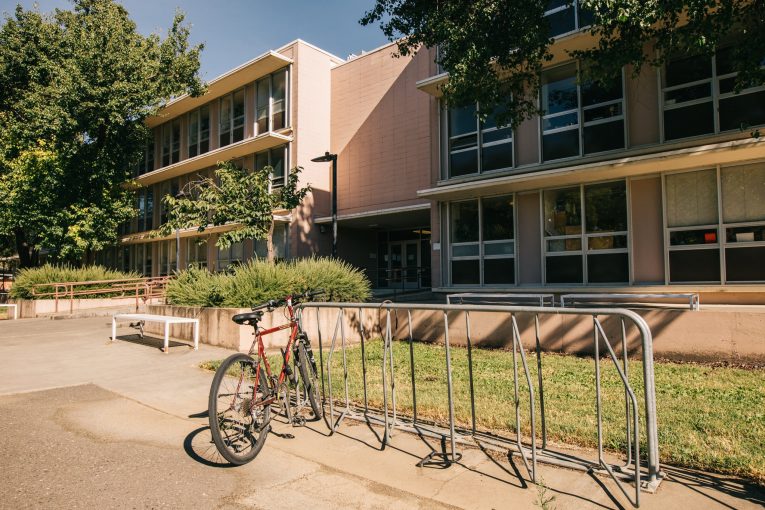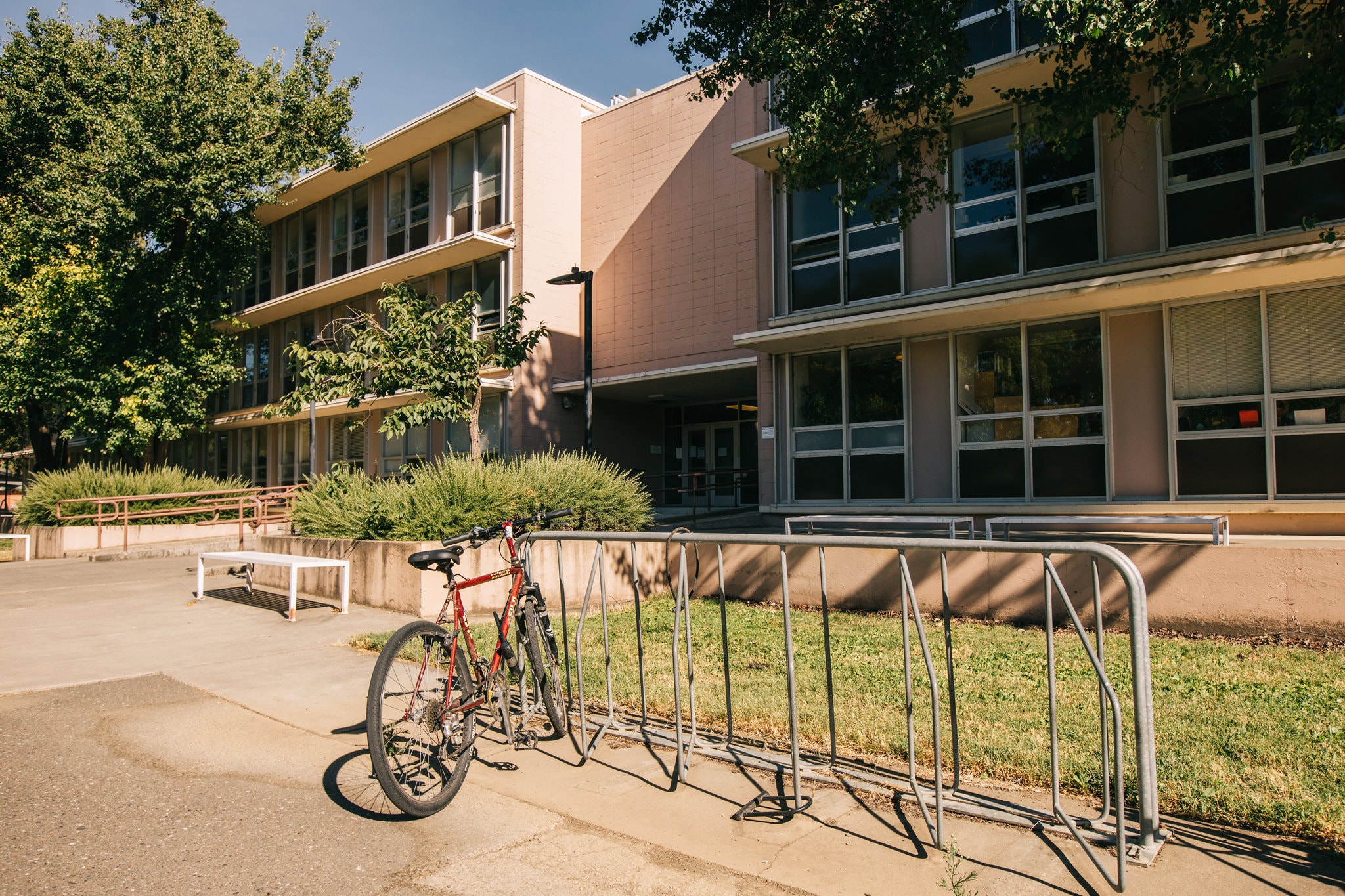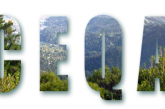

By Uriel Rivas-Flores
Today, the turning point of Spring Quarter 2021 is not only the developments in creating an in-person Fall Quarter, but the developments with the ASUCD elections have allowed students to step aside from their workloads and elect individuals reflective of experiencing student struggles.
ASUCD elections are usually held during the seventh week of the fall and winter quarters. Due to last year’s pandemic, ASUCD elections were held in the seventh week of the spring quarter and allowed for a stronger election representation than previous years. The three positions ASUCD candidates on the running were: senate, president and student advocate.
Conducting elections during the fall or winter quarters lined the elections up with the start of a new quarter–much like U.S. national elections being held during November, and the winning candidate entering office in January of the following year.
However, ASUCD elections locally influence a small population who may not care or know about the elections. They are also usually held during the fall quarter, the first quarter of the school year, in which students are slowly reintegrating into the school system. Winter ASUCD elections align themselves better than fall elections. Still, the winter quarter is associated with removing themselves from intermediary stagnation that occurs due to short vacation time and the reluctant departure back to college.
During this quarter, school is not seen enthusiastically, and the focus on schoolwork is enough involvement for most students during the quarter. This attitude harms ASUCD election participation significantly more than in the fall quarter, but the recent spring quarter elections are the most sensible.
Usually, the spring quarter is the last quarter of the school year and teases students the most–since, right after this quarter is an extended vacation for most. Logistically, this quarter lines up better with the U.S. election system because elections are held in the last few months of the year, and the winning candidates enter office during the first months of the new year.
Spring quarter emphasizes new experiences before vacation, so it is sensible to increase involvement with school affairs during that time. Appropriately, the two ASUCD political slates, BASED and Thrive, have become involved in elections since 2015 but have provided an interesting dilemma to ASUCD election authenticity. It helps that both of these slates are founded on similar values–BASED focuses on progressive individuals who have participated in their community and can use these experiences to make decisions, and Thrive focuses on community service through accountability and transparency. Yet, it can create doubt in the authenticity of the motives being sought by candidates.
Explicitly, these states are not interest groups, but their recent involvement with ASUCD elections creates questions regarding their existence, particularly why these groups have become associated with ASUCD elections? How influential have they been in developing the narrative that candidates run on? Do they house actual headquarters somewhere?
If these fundamental questions regarding the involvement of political parties in ASUCD elections cannot be solved, what faith should there be in the authenticity of their elections? Simply, there is strong authenticity in ASUCD elections because they target the student population at Davis–a population of 30,718–compared to the national population of the U.S.– a population of 332,251,100 million.
During this election season, transparency was the most prevalent issue between the seventeen ASUCD candidates. While only five senate candidates talked about the issue under different contexts, under the context of future ASUCD elections, there must be transparency in the involvement that political slates have in these local elections.
Tomorrow, the turning point of Spring Quarter 2022 will be the developments in having people elected, and the development of a refined system that caters itself to student causes more than student votes.
On May 19, 2021, the election results were posted.
Uriel Rivas is a Linguistics major located in Davis, California. When he isn’t writing, he can be found walking around the city contemplating the nature of life and the boundaries between reality and fiction.
Support our work – to become a sustaining at $5 – $10- $25 per month hit the link:





